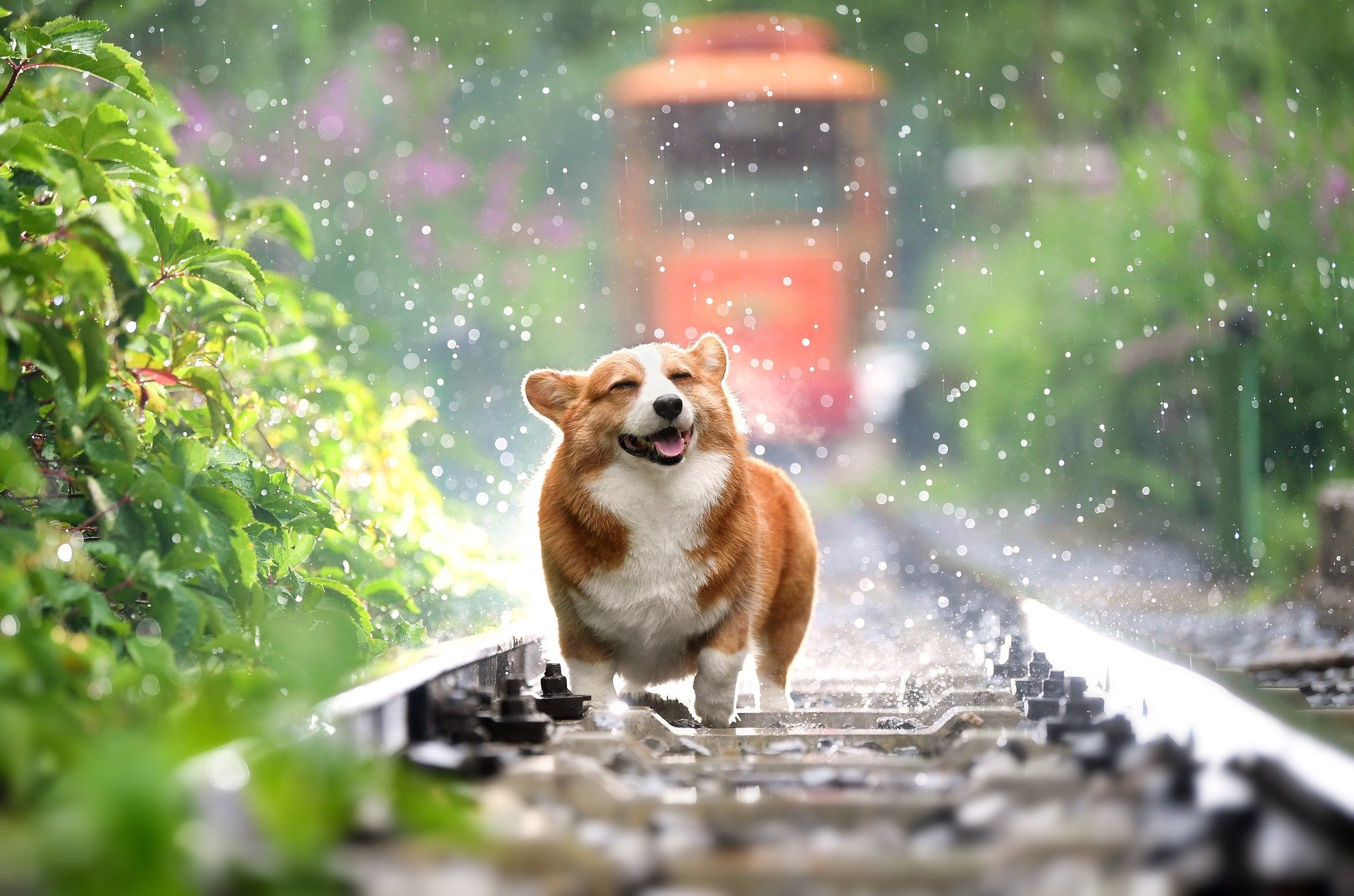This week I got an email from the Head of Content Development Marina Khidekel talking about being resilient during this crazy time.
She happened to mention that an article about dogs helps their humans to be resilient in above email as well.
As a dog trainer specializing in working with fearful, reactive, and feral dogs from Taiwan, Korea and Turkey, while I agree with your dog could keep you to be more resilient, when it comes to working with challenged dogs, you, the dog owner, have the responsibility to not only guide your dog to be more resilient, but really, give your dog back the chance for them to recover, and heal.
I think we can all agree that our dogs are resilient, in fact, most of you may not give your dog enough credit when it comes to allow them to heal, to self-soothe, to recover from their own emotional trauma.
In the years of working with challenged dogs, I have seen first hand that the owners’ well-intentioned “help” tends to interrupt and eventually take away the ability of their dog to be truly resilient.
During the pandemic, more families decided to adopt dogs, and more families have reached out to me as well because they didn’t really prepare what’s the “real” responsibility when adopting a dog during this crazy time.
It’s a stressful time, which I share with the dog owners, that the stress is literally in the air – the smoke from the California fire, the fact that we are home 24/7 with our partners and children, the fact that we constantly think if we kept enough distance from one another, the fact that we need to wear masks, wiping everything down with disinfectant wipes…
The fact that those “new norms” have added stress in our lives, and then we brought in another being, where we thought that our dog was supposed to make our life happier and easier.
Don’t get me wrong, I believe difficult dogs make great owners. Your dog could certainly challenge you to be a better dog owner, to be a more responsible person, and to work hard to live a fuller life with your dog.
Though at the same time, how you can alleviate the stress that you unintentionally added on to your already stressed and fearful rescue dog has become more crucial than ever.
Here are some actions you can take to help your dog regain the skill of being resilient:
Action #1: Create a consistent routine
Dogs thrive with routines and predictability. No, it does not prevent you from going on adventures with your dog. When it comes to reactive dogs that are constantly lunging and barking at other dogs or people, picking a route that has a lesser chance of encountering triggering events would increase the predictability to both you and your dog when on walks.
Both you and your dog would have less stress and anxiety if you don’t have to be “constantly on guard” to seek out other dogs and people on your route and knowing your dog would “be bad” again.
Action #2: Practice Emotional-Distancing at home
I know it’s hard, you want to spend every chance you have to hang out and snuggle with your dog, though just like you, your dog needs their “me-time” as well.
I share with dog owners that if you have a bad day, don’t train your dog when you’re in that foul mood, you would act irrationally without knowing, and add more stress in your dog.
Let your dog relax or even take a nap in their crate, or their doggie mat to emotionally distance themselves from you throughout the day, would help your dog to take a break and regain resilience.
The same applies when your dog is having a bad day, let them be, give them some space, allow them to recover on their own without you interfering. I know it sounds hard, I know you want to help, but sometimes the best help is to give them the chance to be resilient on their own.
Action #3: Help your dog to be calmer, and gain the skill of self-soothe and emotional recovery.
Sadly, in my line of work, I’ve found that a lot of dogs have never truly experienced or learned what calm is, and this has a significant impact when it comes to help them to be more resilient.
Those dogs being usually described as with “weak nerves,” it is important that the dog owner take on the role of helping and guiding the dog to learn, gain, or regain the skill of being calm, relaxed, and resilient.
The skill of being resilient is beyond obedience, sometimes, beyond the conventional dog training, is really about communicating with your dog more effectively, to learn your dog’s language first before you teach them yours, to help your dog to be a better version of themselves.
Try to work with your dog and find your dog’s strength rather than focusing on obedience performance, you might be surprised on how far your dog can go and improve when they finally feel that “you understood them.”


